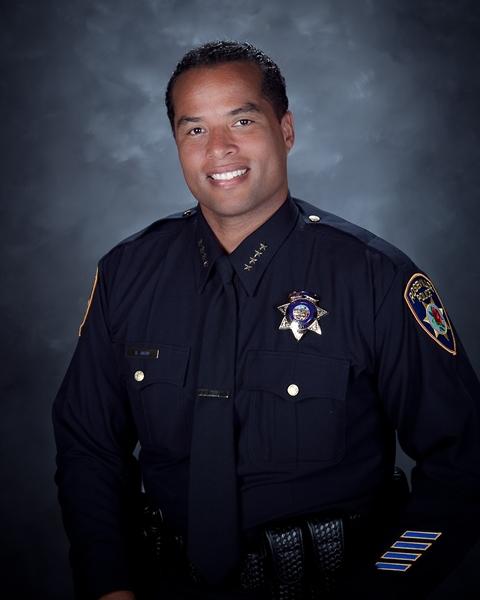Good economic times are rarely anything to complain about. But for local and state governments, one downside to an improved economy has been the renewal of the so-called “silver tsunami” of aging baby boomers opting for retirement. And that large out-migration is creating a talent crisis that has forced governments to greatly refocus their efforts on employee retention and recruitment.
According to a 2016 study by the Center for State and Local Government Excellence, over half of the respondents reported an increase in hiring in 2015, a significant jump over the 10 percent that reported hiring upticks the previous year. This comes on the heels of several years of retirement postponements while boomers rode out the Great Recession. Delays reached a peak in 2012 when 46 percent of those surveyed noted they had workers putting off retirement. That figure dropped to just 21 percent in 2015.
Rob Jensen is Roseville’s city manager. (Courtesy photo)

Roseville City Manager Rob Jensen is well aware of the big wave that is set to hit his town. “Our estimate is that 40 percent of our workers could retire within the next five years,” he says.
At one time, such attrition would not have been a major stressor. Government work was hardly sexy or lucrative, at least compared to private sector offerings, but it made up for it by offering job security and a good defined-benefit pension and lifetime health care. Workers were banging on the door 24/7 to land one of those babies. Not anymore. Most governments these days offer new hires a retirement plan no different than any other defined-contribution 401k, and job security is becoming more tenuous by the day. An even bigger problem might be the work itself.
Plainly put, most millennials just aren’t interested in the functionary work of government. They want to be challenged, they want to contribute to something meaningful and they want to have input from day one. Oh man, do they want to have input. Jensen knows that tune.
Daniel Hahn is Roseville’s police chief. (Courtesy photo)

“I think that’s just what you see organizationally throughout Roseville,” he says. “Millennials tend to want to move around. They want that constant challenge. So how do we allow for them to have that here? How do we give them the recognition that they need? Because No. 1, I don’t want to invest four years of time and effort training someone and then have them leave. I want them to continue to grow in the organization, I want them to feel valued. And at the end of the day, I want them to live the lifestyle they want to on the outside because it’s not all about work. It’s a balance between those two.”
Those things also don’t just apply to millennials. Jensen sees those same wants and desires all the way up to the chief of police.
“I think our police chief, Daniel Hahn, is fantastic, but if he was coming in and only enforcing the laws of the city without also looking at how to change and adjust to the environment we’re in, I think he would leave,” he says. “Giving him the flexibility to look at how can he do his job better, how he can impact the community and move that department forward, is going to be critical for me in getting him to stay with the city of Roseville.”
The even bigger trick, Jensen says, is keeping all of his restless employees in the fold while also making sure the city keeps its financial house in order.
“It’s a balancing act,” he says. “I think we’re seeing an overall adjustment in the marketplace in salaries and benefits packages. When I got into government years ago, you knew you might take a little less up front but the benefits at the back end were better. That model is changing. Now we need to make sure that we’re compensating competitively and bringing in good employees, but also maintaining that fiscal responsibility so at the end of the day we can pay our bills.”



